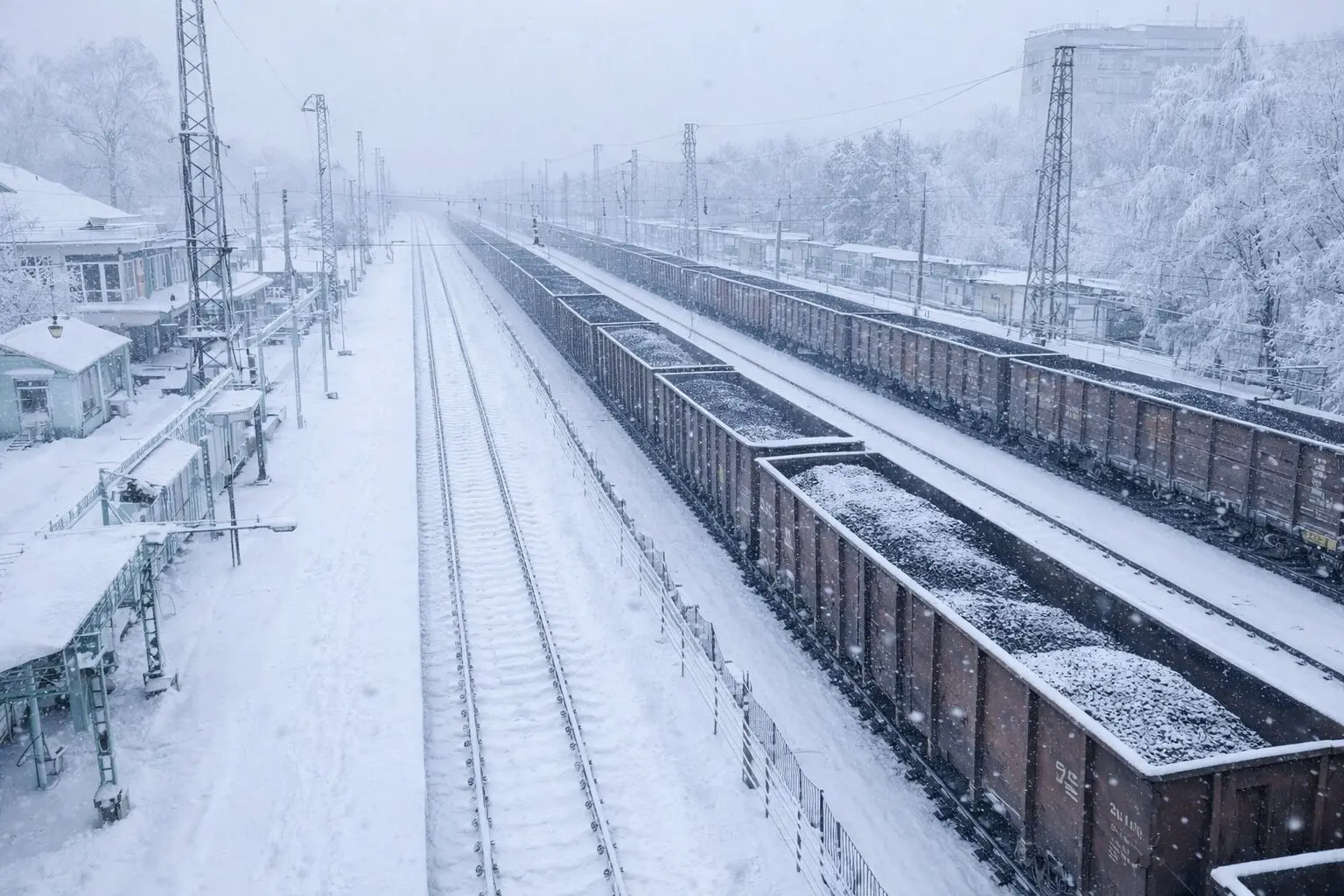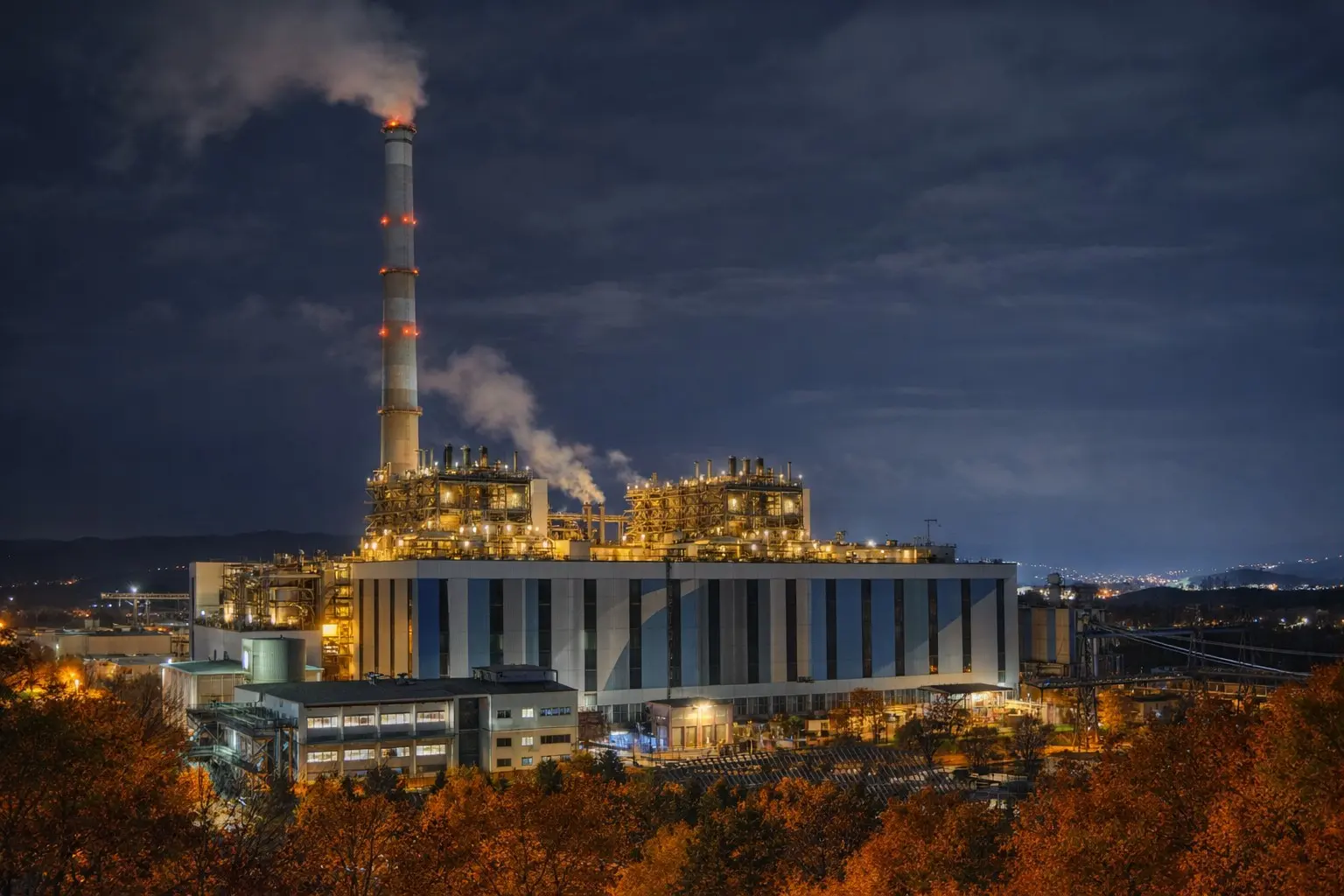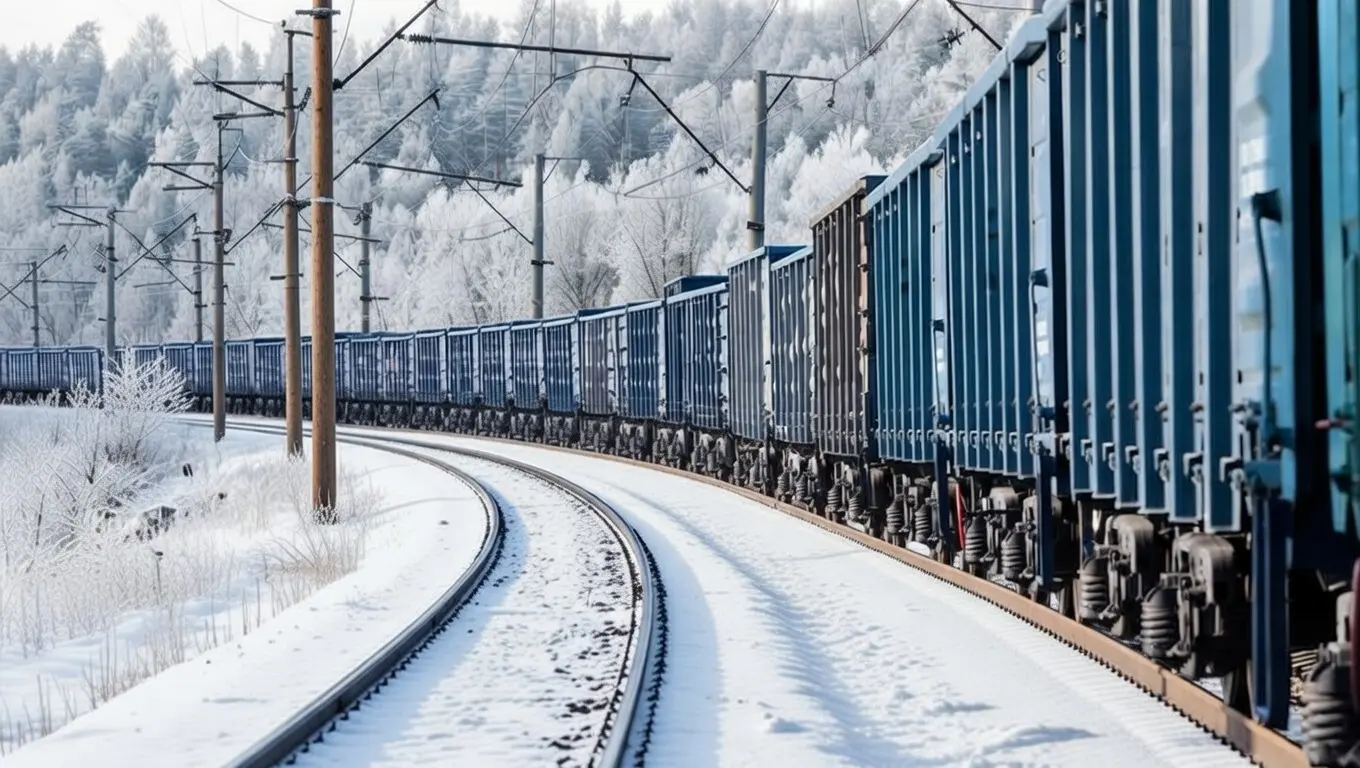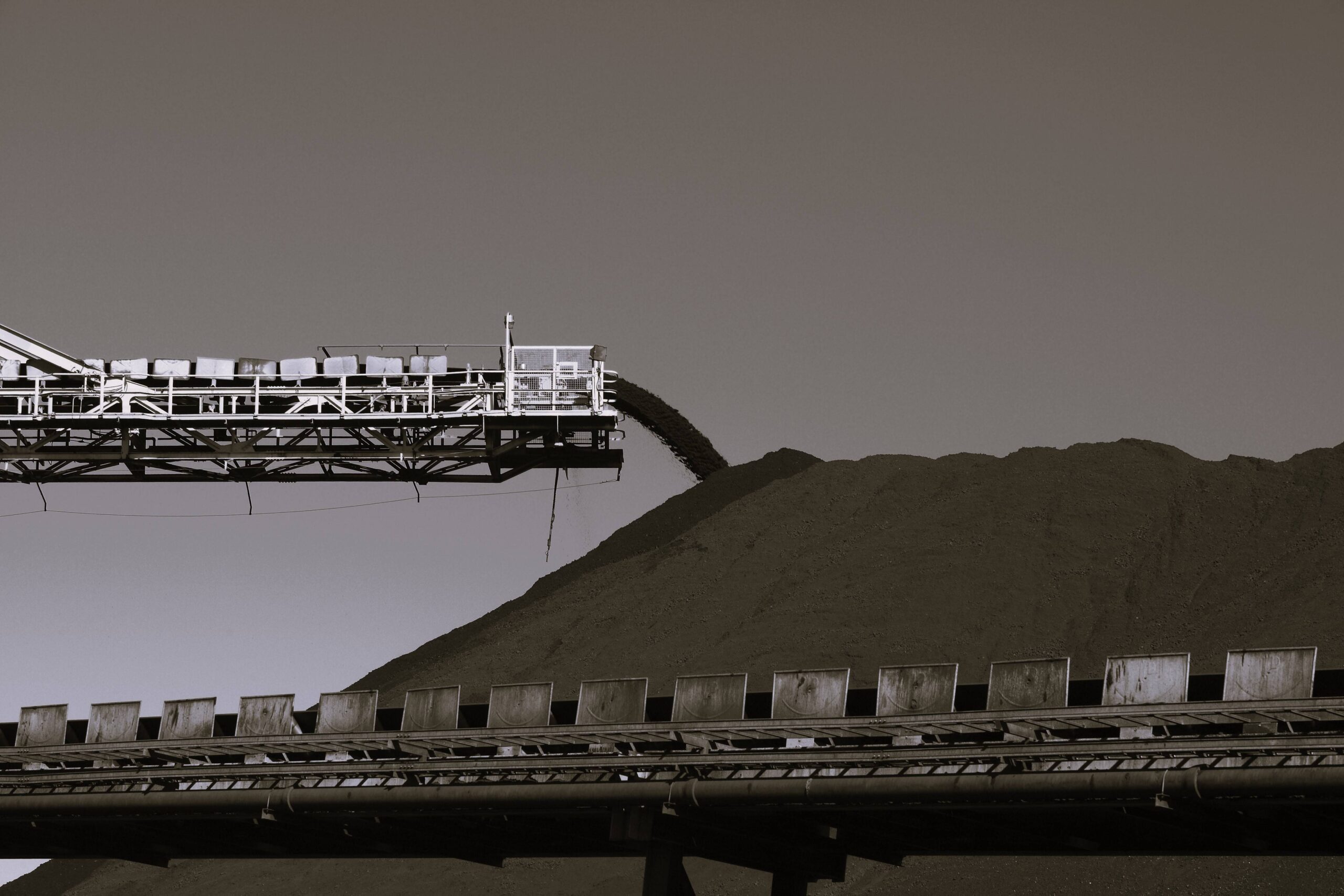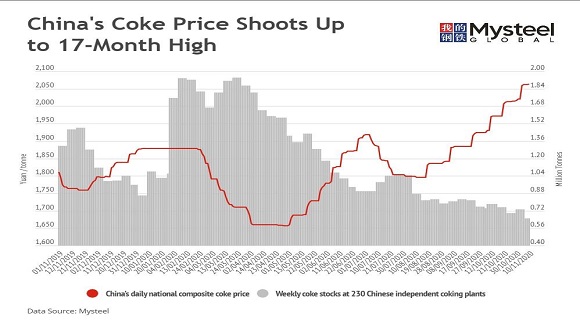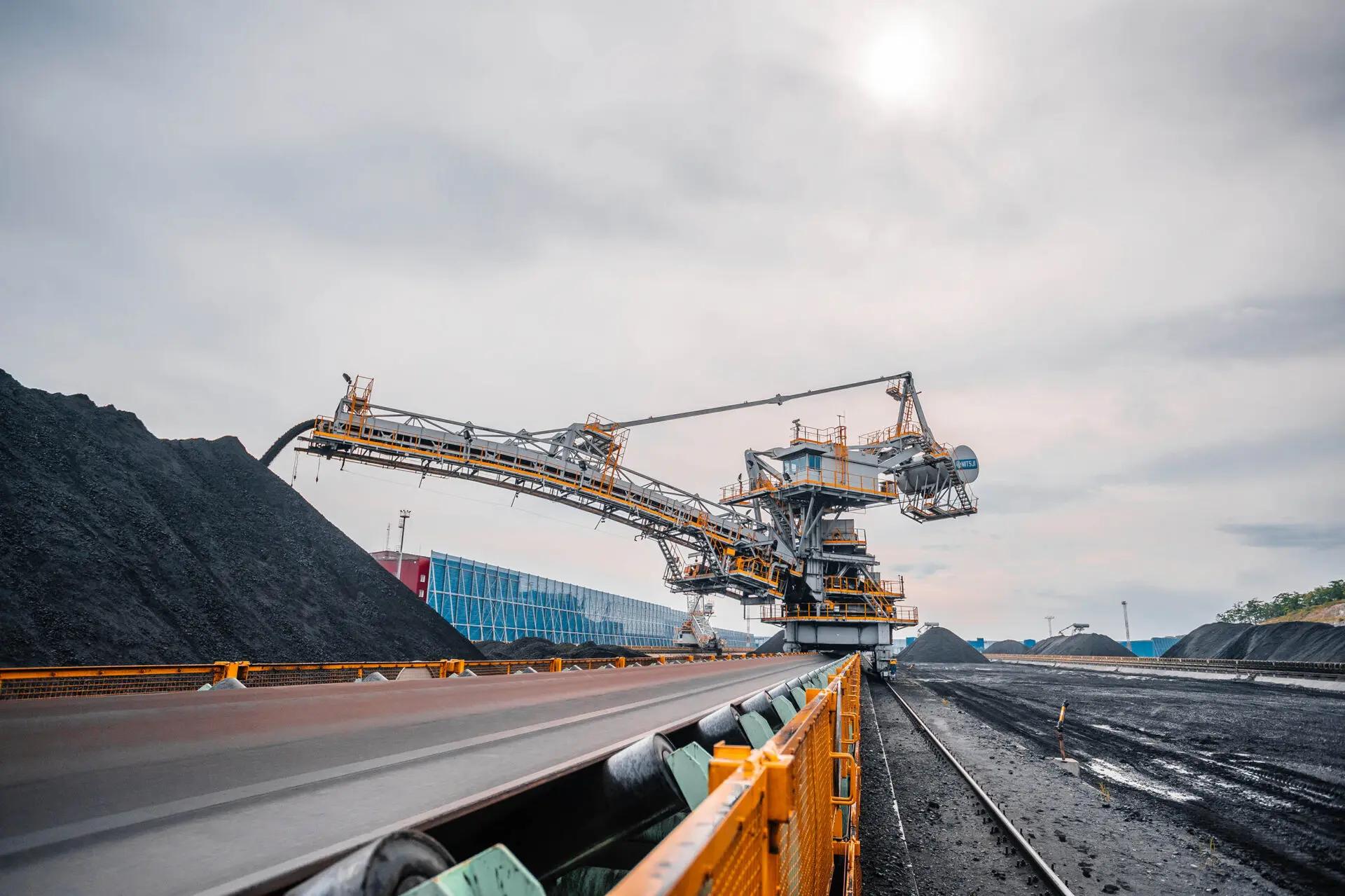
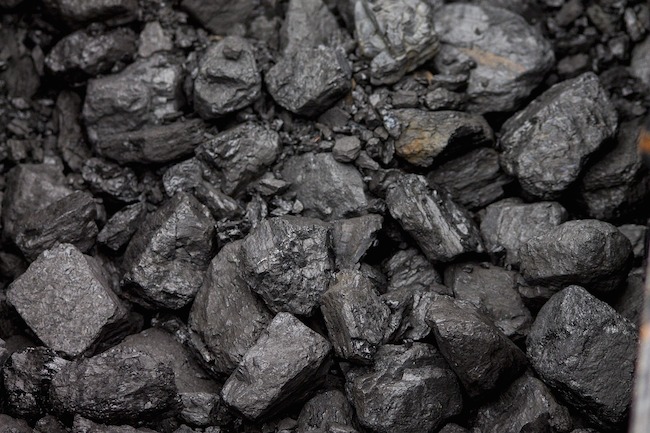
China two leading futures contracts for coal are under pressure. On Thursday, the most-traded futures contract for coking coal on the Dalian Commodity Exchange (DCE) and that for thermal coal on the Zhengzhou Commodity Exchange (ZCE), both for September delivery, declined substantially from the previous day’s settlement prices and even touched limit down, exchange data show. Analysts ascribed the coal futures rout mainly to central government measures to secure coal supply.
As of 15:00 Beijing time on May 20, the DCE’s coking coal price for September had plunged 8% from Wednesday’s settlement price to Yuan 1,782.5/tonne ($276.8/t) while at the same time, the ZCE’s September thermal coal price was also 8% lower from the previous day’s settlement price at Yuan 779.4/t, according to the official data.
On May 19, a State Council meeting chaired by Premier Li Keqiang called for measures to secure adequate supplies of commodities and ensure that their prices are steady, according to a post on the government’s official website.
With special reference to coal, however, the meeting noted that China must take advantage of its rich coal resources, and urged key coal-mining enterprises to increase production and supply (to the extent possible without jeopardizing mine safety), and strengthen the contributions made by wind, solar, hydro and nuclear energy to power generation to ensure sufficient energy supplies during summer, according to the post.
Also on Wednesday, government authorities in Yulin city in North China’s Shaanxi, a critical centre for thermal coal mining, met representatives of local coal mining companies to address the issue of “over-heated” coal prices.
The government representatives requested that the miners “reasonably” control coal prices and warned against the “irrational” bidding-up of coal prices or the adoption of strategies aimed at cornering the market, according to a post by Yulin’s Development and Reform Commission on Wednesday.
“The recent government meetings have clearly shown that authorities are intent on cooling down the coal market frenzy,” said a futures analyst based in Shanghai. “But the plummet we saw in futures prices (on Thursday) was mainly driven by sentiment. In fact, the country’s supply tightness of coal has not changed yet in any fundamental way yet,” he commented.
Source: Sean Xie & Russ McCulloch, www.mysteel.net

